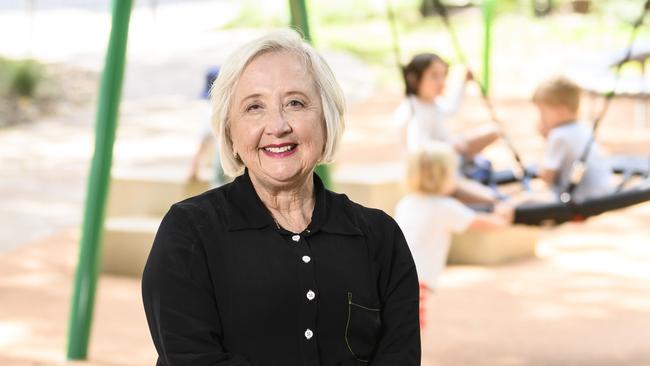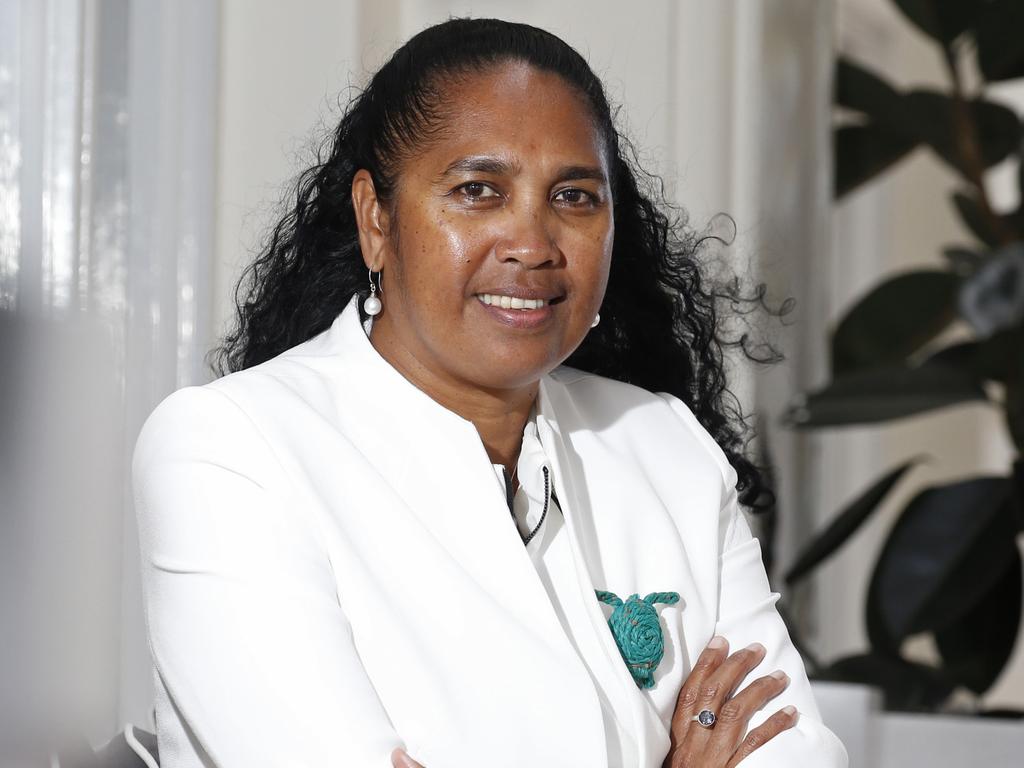Indigenous kids far more likely to be expelled from school
Aboriginal students are being kicked out of school at three times the rate of their classmates in a ‘school-to-prison pipeline’, damning new research reveals.

Aboriginal students are being kicked out of school at three times the rate of their classmates in a “school-to-prison pipeline’’, damning new research reveals.
National Children’s Commissioner Anne Hollonds said some First Nations children stayed away from school because “they don’t feel welcome’’.
“The kids say they want to go to school, but don’t feel welcome there, they feel discriminated against,’’ she told The Weekend Australian. “They talk about disruption in the classroom and violence in the playground.
“The parents say they feel school is not welcoming of First Nation children and their families.
“First Nations kids and families recognise that education is critical, but we’re seeing higher rates of disengagement.’’
Ms Hollonds, a former director of the Australian Institute of Family Studies, called for better integration of education, health and welfare services in Indigenous communities.
Her comments follow a new analysis of school suspension data by Queensland University of Technology professor Linda Graham, showing that Aboriginal and Torres Strait Islander students were the most over-represented in suspensions for disruptive and disengaged behaviour, including truancy, in Queensland in 2019.
Primary school kids were most likely to be suspended if they were an Aboriginal or Torres Strait Islander, the analysis shows.
The QUT study warns that kicking kids out of school can create a “school-to-prison pipeline’’. “School is a protective factor (that) assists in keeping vulnerable young people out of trouble,’’ it states. “Without it, young people are more likely to associate with deviant peers, roam the streets unsupervised, get up to mischief they might otherwise be prevented from doing, and thereby come into contact with the justice system’’.
The study shows that one in three Indigenous students was slapped with suspensions, compared to one in nine of their classmates, between 2013 and 2019.
And 6.1 per cent of Indigenous students were expelled, compared to 2.2 per cent of other students.
Some students may have been suspended from school more than once.
“We found that Indigenous students are significantly overrepresented in Queensland state school suspensions and exclusions, and that their over-representation is increasing,’’ the report states. “It is crucial to determine whether they – like African-American students – are sanctioned for behaviours that are more commonly overlooked in non-Indigenous students, or whether Indigenous students are subjected to harsher consequences than non-Indigenous students for the same infractions.
“Such findings would suggest the need for empathy, cultural responsiveness and implicit bias training (for teachers).’’
The QUT study, published in The Australian Educational Researcher, shows the problem is national, with Indigenous students in South Australia making up just 6.6 per cent of school enrolments, yet accounting for 15.5 per cent of suspensions and 20.3 per cent of exclusions.
Separate NSW government data shows that schools suspended 22.1 per cent of Aboriginal students with a disability, including autism, dyslexia or ADHD, in 2020, compared to 4.9 per cent of all students.
Aboriginal students were twice as likely as non-Indigenous classmates with a disability to be suspended.
Professor Graham said one Aboriginal student had told her he felt like “shit on a teacher’s shoe’’.
She said suspension should be reserved for dealing with violence or drugs in school.
“It tends to be used where it shouldn’t be, for things like disengagement, disruption, talking back to the teacher, or wilful defiance,’’ she said.








To join the conversation, please log in. Don't have an account? Register
Join the conversation, you are commenting as Logout